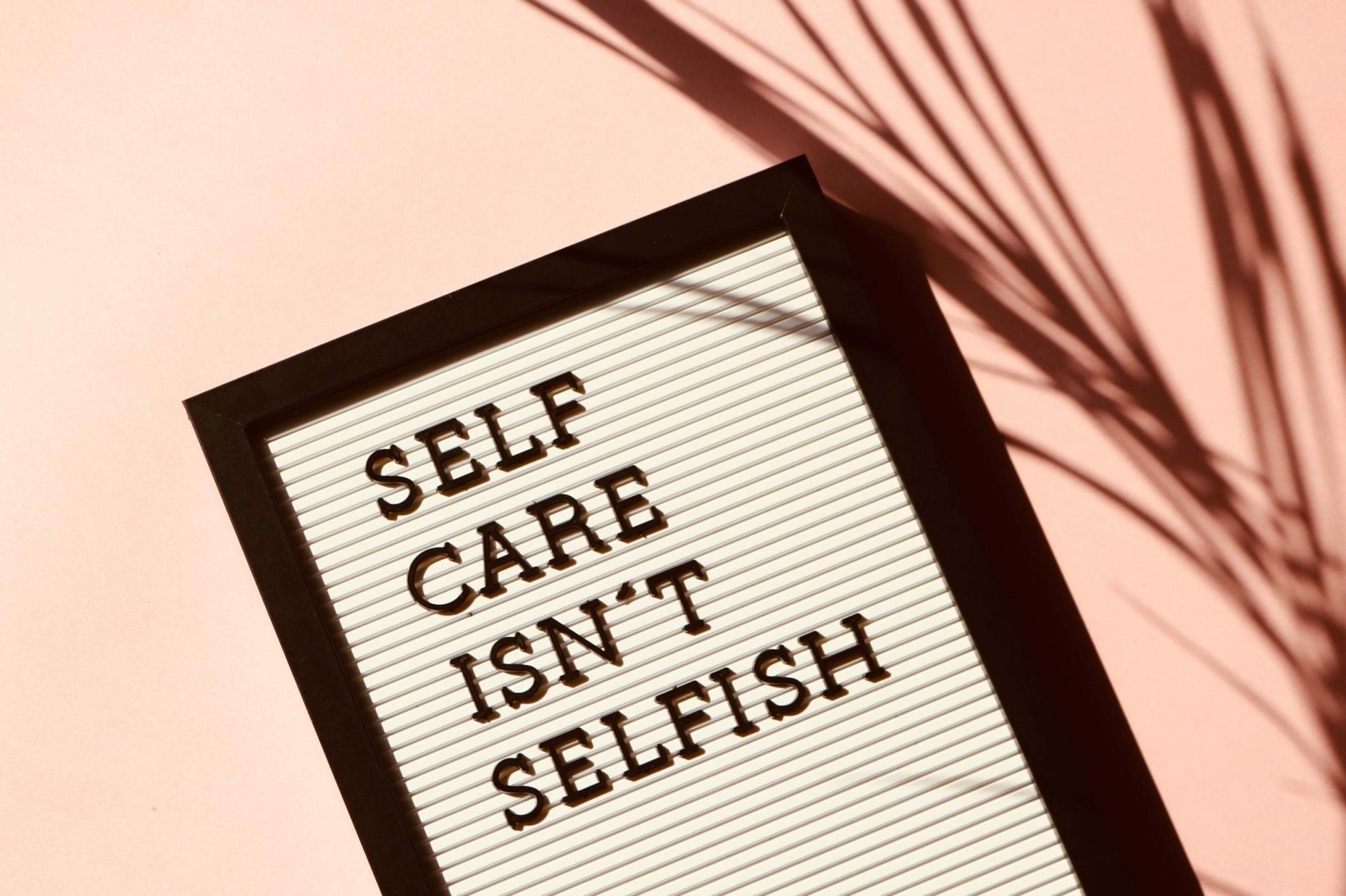The Importance Of Self Love For Healthy Relationship: Key Insights
Self love is a simple concept. It means loving yourself. Let’s explore. Credit: aliyahealthgroup What Is Self Love? Self love is caring for yourself. It means being kind to yourself. It means accepting who you are. You do not need to be perfect. You just need to be you. Credit: alwayswellwithin … Read more










